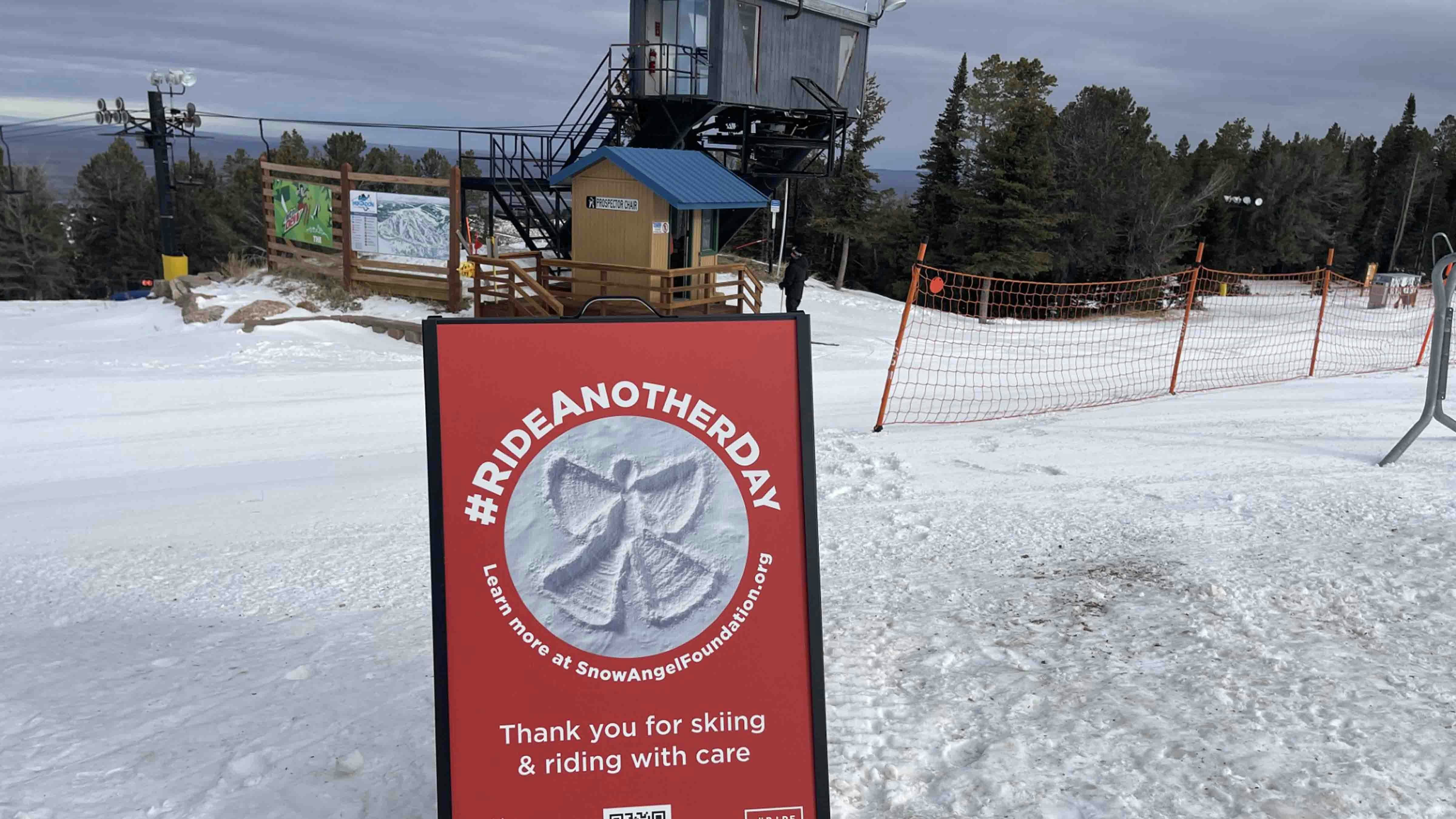Using drones for hunting has for years been illegal in Wyoming and other states, but some states are loosening those rules to allow hunters to use them to find wounded animals after they’ve been legally shot.
Tennessee, for example, is considering allowing hunters to use drones to seek wounded deer.
Some Western hunters say that could push the boundaries of hunting ethics too far.
Technology is already tainting hunting, so there’s no need to make matters worse by allowing drones for any hunting-related activity, said Mark Jones of Buffalo.
“My personal opinion as a lifelong hunter is that technology is ruining what hunting was meant to be,” said Jones, who is a national director for Gun Owners of America.
Too Easy To Abuse
Under a new law, the Tennessee Wildlife Resources Agency (TWRA) has been charged with setting the rules for using drones to seek wounded deer that escape hunters, or run off and die where hunters can’t find them, ABC News reported.
Prominent outdoorsman Randy Newberg of Bozeman, Montana, said it will be difficult, if not impossible, to prevent abuse of the system.
“There are going to be people claiming to look for a wounded animal when they’re really out there using heat sensors to look for live animals,” said Newberg, who has a huge following through his videos and other hunting-related media.
Lucas Kincaid of Grid Search Pursuit in Ohio agrees that drones should never be used to scout or harass wildlife, and that’s “something I would never do, or think anyone should do.”
But he said there are benefits to using them to find an animal that’s already been shot, which he does in his state when called on.
“It’s starting to pick up here because it’s the rut,” he said. "I’ve had four calls in the last two days because (hunters) can't see the blood trail and then (the animal) just disappears,” he told Cowboy State Daily.
Besides limiting the time a deer, elk or whatever else is being hunted suffers before dying, Kincaid said using a drone to find a hit deer can be practical.
“You don’t want it to go to waste,” he said.
With the heat-detecting technology drones can employ, Kincaid said he agrees that there’s a lot of leeway for people to abuse the regulations if drones are allowed to find wounded wildlife.
Using that tech to scout isn’t just illegal, he said, it’s not sporting or ethical.
“That’s the worst thing you can do,” Kincaid said.

The Creep Of Technology
The hunters’ code of ethics stems from the principle of fair chase.
The highly-respected Boone and Crockett Club defines fair chase as hunting in a manner that affords the animal a reasonable chance of escape.
That definition is broad enough for it to be “open-ended” in terms of what individual hunters might decide, Newberg said.
However, each advancement in technology “pushes us a little bit closer” to undermining the fair chase, he added.
Making an exception on the strict prohibition against drones is pushing the needle that way, he said.
“I’m glad we’re not doing that in Montana,” he said.
Jones agreed that things are getting to the point where technology is out-pacing hunting skill and ethics.
"I am glad I am old enough to have learned how to hunt, and do all the associated things like track game, before all this technology came along,” he said.
“I've been hunting for 46 years and never imagined where we would be now with technology,” he added. "I hope young people will learn how to hunt without the technology before depending too much on it."
‘A Dicey Game To Play’
Garrett Kalkowski of Cody said he has mixed opinions about what Tennessee is considering.
“For me, it’s half yes, because I don’t want to see that animal suffer. I want to see it found as soon as possible,” he said. “The other half is, I don’t ever want to resort to having to depend on technology."
He said he’s never had a big game animal go very far after it’s been shot. And in those instances where the animal went out of sight, he relied on the time-honored skill of following a blood trail.
If Tennessee moves forward with allowing drones, there are going to have to be strict rules in place so that hunters will somehow have to prove they are using a drone only to seek a wounded or missing animal.
“That’s a bit of a dicey game to play,” because it seems as if it would be easy to cheat the system and use the drones to look for new deer to target, he said.
Four Paws And A Nose A Better Alternative?
The hunters who spoke with Cowboy State Daily said there’s no substitute for new hunters learning proper tracking skills.
In those instances where all else fails, game-tracking dogs might be an option.
Using tracking dogs seems less prone to abuse than drones, they said.
“At least that’s using a natural method,” Kalkowski said.
Newberg said tracking dogs are already popular in Tennessee for finding missing deer.
“I have a friend who lives in Tennessee, who has an amazing blood-trailing dog,” he said.
Tracking dogs are catching on in Wyoming as well. There are a few dog handlers in the state who offer their services to frustrated hunters.
Using dogs to actively hunt big game animals, or to push or chase animals toward hunters, is illegal in Wyoming.
But it is legal to bring in dogs after the hunt to help find downed animals that have been lost.
Mark Heinz can be reached at mark@cowboystatedaily.com.





